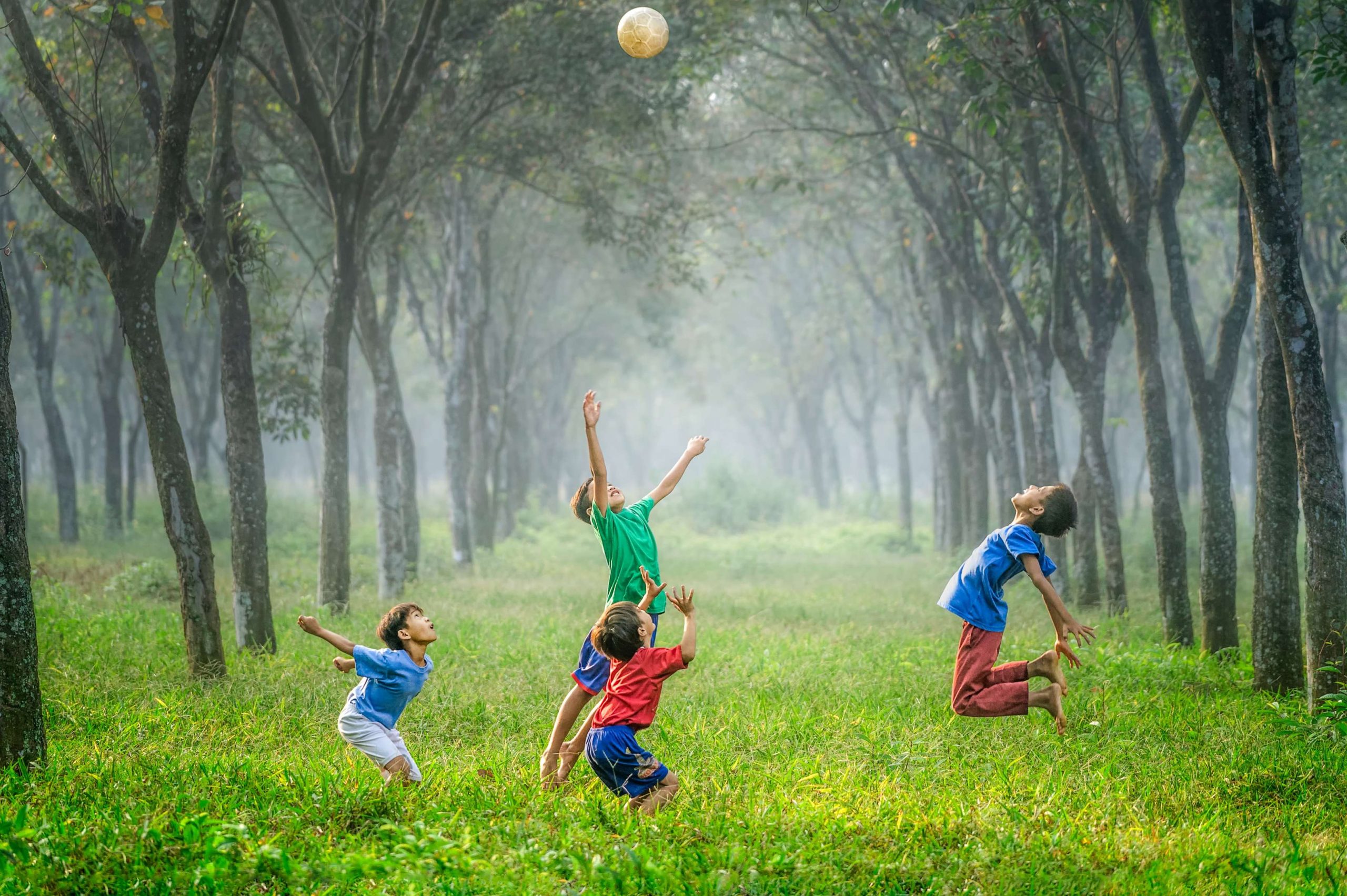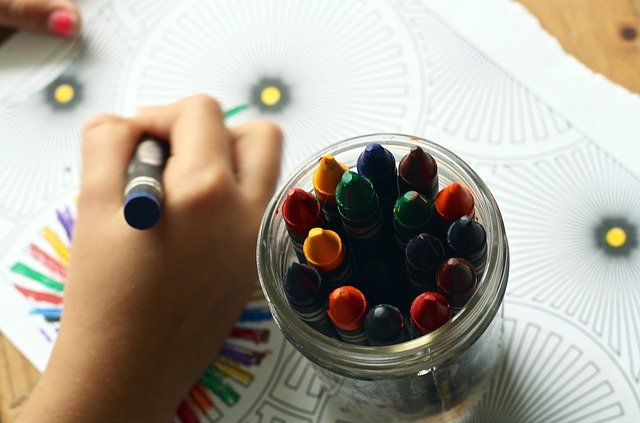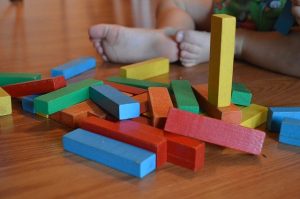We all want our children to grow up and become great. We want to nurture them and prepare them for a life that is happy, purpose-driven, and productive. This is very important to me as a father.
There are a lot of people such as myself that do not easily keep up with rules and guidelines that we have set for our children even though you have been set on how to make your child successful in life. We can get distracted and forget to make sure that the children keep our rules even though we still want the best for them. This is what life can be like.
I work really hard to make the ends meet for my family. I am a business owner and I put in half of every day into working to provide for my family. Is it even remotely possible for me to manage my business and still excel at parenting?
I think it is very possible. You have probably been trying to crack the code on parenting. Don’t sweat it, it is not rocket science. The good news is that I have done the heavy lifting and I have put together a list of the most effective ways to raise a child to be successful not just as an individual but also in their career paths. The secret I am about to let you in on works for children at any age and is all you need to know on how to make your child successful.

Become A Happier And Less Stressed Person Yourself
You are probably wondering what this has to do with anything. Well, consider that there is research that proves that happier and less stressed people excel at running businesses more than unhappy and stressed people. Research in psychology goes further to expose that happy parents have a higher tendency of having happy and successful children.
The researchers opined that the children do not fare well when the parents are not taking care of themselves and nurturing their own relationships. So it is important for parents who are raising children to not just put their children first but they should also look after themselves and foster a healthy relationship.
Another interesting research by a sociologist of a prominent university further goes on to say that mothers’ stress, especially when the mother is stressed because of juggling with work and trying to find time with kids, may actually be affecting the kids badly. Try to put together some outdoor activities for you and the kids to have more bonding tme.
Just like the common cold and flu, emotions are very contagious. When you spend time with a person that is always in a bad mood chances are that you will find yourself in a bad mood yourself for no reason. This is what happens with the children. When you are stressed and depressed, it will pass over to your children. This is something you must handle if you are still concerned about the issue of how to make your child successful.

Make Them Do House Chores
It is important to assign house chores to your children. It teaches them responsibility and the value of hard work. It could be anything at all. You could ask them to vacuum the rugs, take out the trash, clean up their rooms, wash the dishes, iron, and fold the laundry. There is always something that you can ask them to do. As a child I had to do my own fair share of chores, of course, I detested having to do anything at all but I had parents who would not give in to that.
Your own children may just as well not want to do a lot of chores, but it is important that you make sure that they do the chores as this helps kids succeed. I personally learned the importance of hard work and responsibility from doing chores. I also learned that I could get more done by working together with my siblings.
The importance of making children do chores cannot be understated. They learn lifelong values that cannot be traded for anything else. Not making your children do the dishes means someone else is absolving them of the responsibility and the important learning process that comes with it.
Make Your Kids Read Daily And Learn Math At An Early Age
This particular one seems obvious but it is important to make your children read. It is essential if you want to raise successful children. The impact of making them read has both long term and short term effects. Thomas Curley after studying the behaviors and habits of a lot of millionaires discovered that more than fifty percent of the millionaires were made to read by their parents when they were children.
The range of books that you can make your children read can include biographies, history books, literary classics, leisure books, and nonfiction. You should go ahead and give test questions about what they read. Some other reading tips you can take in, is start simple with the books when they are younger and gradually go up in difficulty. You will be doing your children a disservice by not making them read.
Another very important skill that you must equip your children with except reading should be math skills. You should start when they are still young as this is how to raise successful children. Helping kids understand math at an early age can help with teaching kids about money in the future.
Greg Duncan, a Northwestern University researcher says that the most important factor needed in predicting the later academic achievement is that children begin school with control of basic math and literary concepts.
He goes further to opine that the mastery of early math skills predicts not just the future math achievement, it also predicts future reading achievement just as accurately as early literacy mastery of vocabulary, alphabets, and phonetics predicts later achievements.

Praise Them Correctly
I have learned a lot and been impacted by the writings and the works of Carol Dweck. I benefited the most as an entrepreneur. You too can have a look at her work about Mindset. Carol Dweck is a professor of psychology at Stanford University. She has a lot to say. Carol says that a
fixed mindset believes that talent and skill are innate and cannot be altered.
This mindset believes that you are only as good at something as you are created or born to be. A growing mindset, on the other hand, believes that talents can be honed in time and skills can be adopted with hard work and extra effort.
This thought has a lot to do with how to praise your children. You can praise your child for their effort and hard work instead of telling them that they are skilled or talented. When your children excel in say for example, in a sporting event like a soccer or basketball game or they ace their math test then you can praise the hard work that they did rather than say that they are talented or smart.
We always have good intentions and simply want to compliment our children, but we can instill a fixed mindset in them by praising them for qualities that they possess. The problem with this is that when they venture into a thing and do not succeed, they become less confident. When you praise the efforts of the children you give them a growth mindset and what more could we want other than for our children to be confident in the intelligence and their ability to solve problems.
Create Family Rituals
Children have better chances of excelling in adulthood if they have strong social skills according to research. Through family rituals, we can promote these social skills easily. It is the best way and also the easiest. “Family rituals are as easy as cooking food together, camping together as a family, having yearly vacations and trips and perhaps an evening stroll”, says Dr. Dawn Eaker and Dr. Lynda Walters. This will not only help with your own mental health but with the health of your kids.
Family meetings can also be an avenue for the family to talk about the things that you did or did not do in the last week, last month, or even year. It will help children learn a lot of social skills.









 term effect of a particular preschool program on the performance and grade retention of its former students in their middle school years. Those who were held back a year before joining pre-school were less likely to perform well academically.
term effect of a particular preschool program on the performance and grade retention of its former students in their middle school years. Those who were held back a year before joining pre-school were less likely to perform well academically.
 obesity among children is growing and many no longer lead an active lifestyle; therefore, parents should be more aware of what their children are into. This is why the first person to lead a
obesity among children is growing and many no longer lead an active lifestyle; therefore, parents should be more aware of what their children are into. This is why the first person to lead a  yoghurt and ever air-popped popcorn, and make sure they’re on their reach.
yoghurt and ever air-popped popcorn, and make sure they’re on their reach.